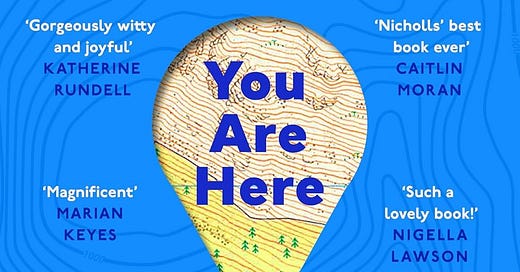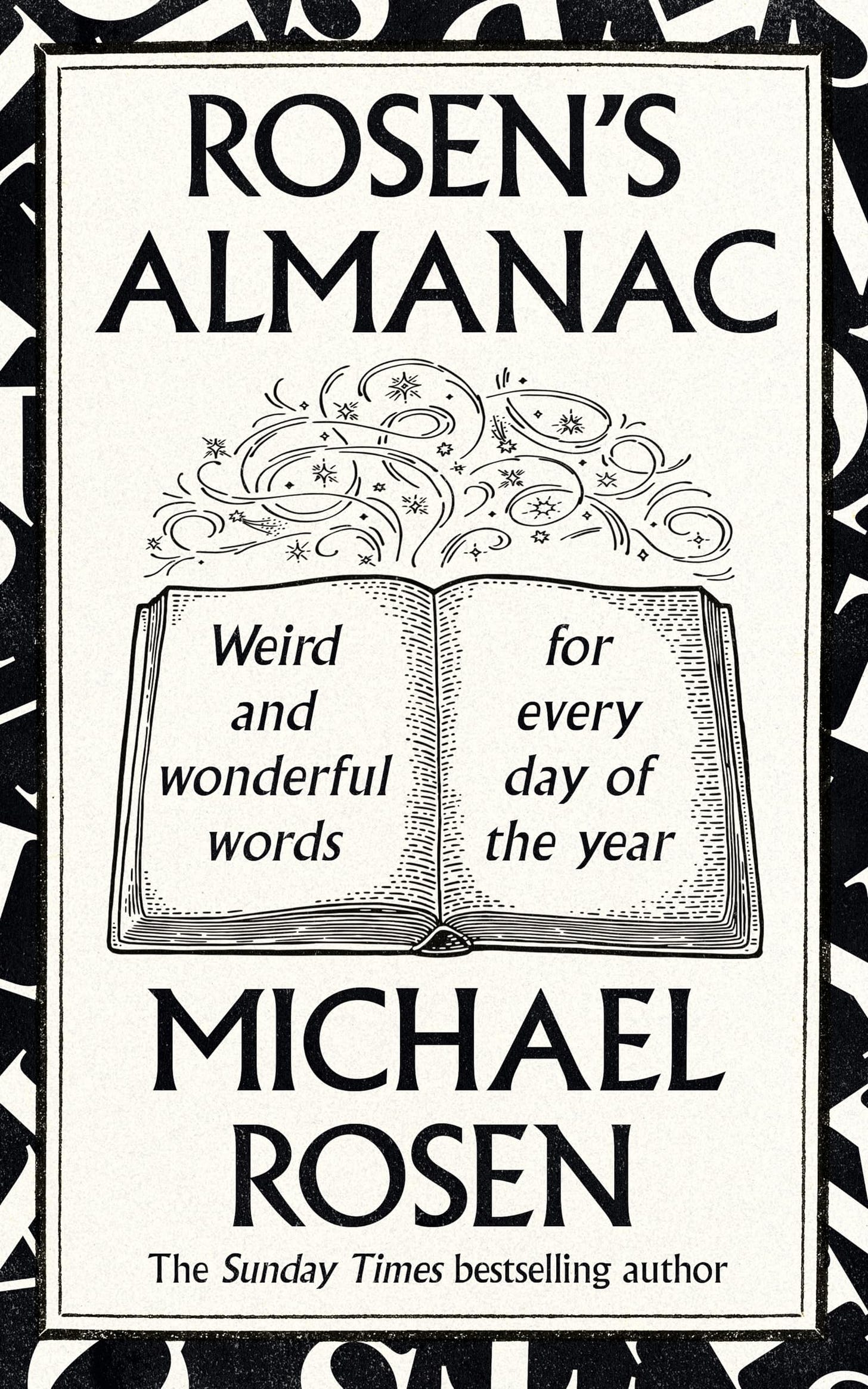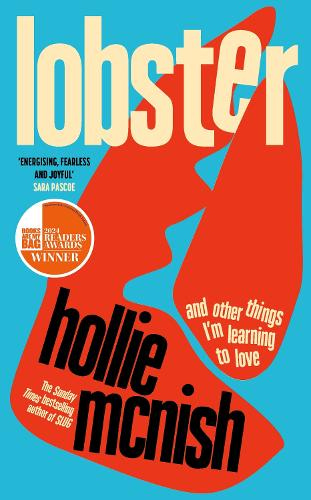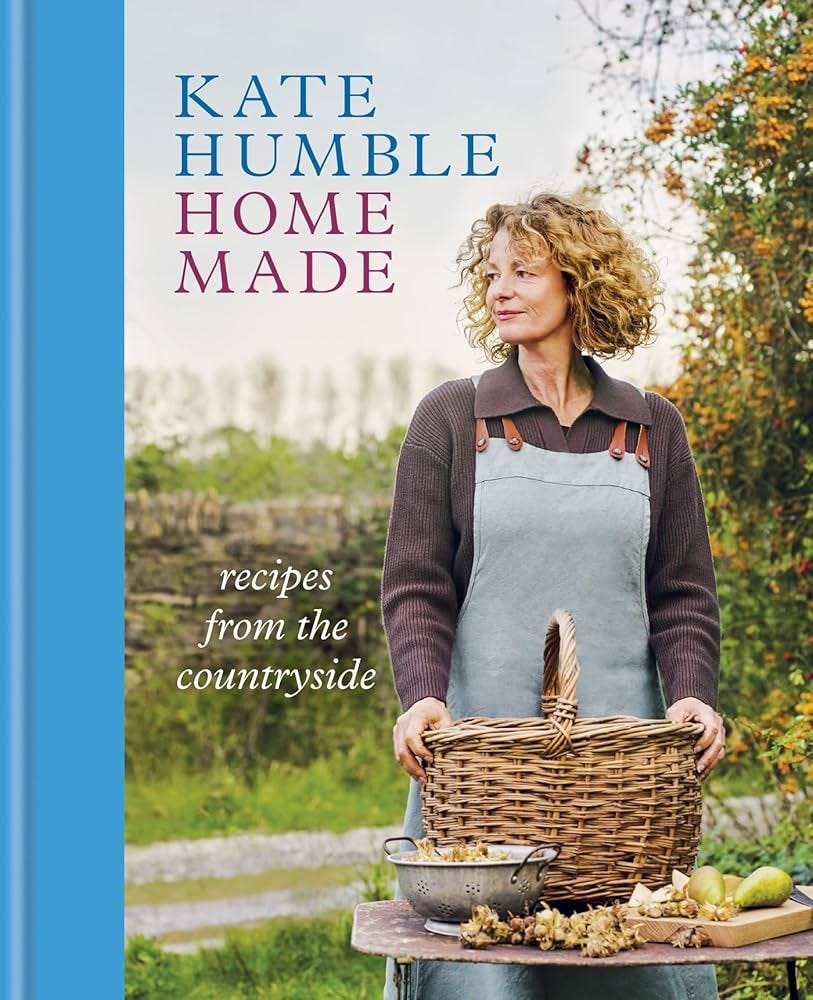David Nicholls wants you to connect IRL
And other life lessons from the Cambridge Literary Festival
A few weeks ago I was back in my home-town for the Cambridge Literary Festival, working as an ‘Artist Liaison’ – a job which, fortunately for me, mainly involves chatting to authors and attending their events. This left me with very little time to respond to your problems (which are piling up in my inbox, thank you all for the submissions!) - but full of new wisdom gleaned from literature, which I will share with you now, to tide you over until regular services resume next week.
1. David Nicholls wants us to embrace the messy, awkward, essential art of human connection
Nicholls was at the festival to talk about his latest novel, You Are Here; the tender story of two strangers - Marnie and Michael - who end up on an epic hike across the Lake District together, and fall in love along the way. You Are Here definitely feels like a post-Covid novel, keenly aware of the social anxiety and isolation that have become endemic since 2020: at one point Marnie admits she’s become ‘addicted to the buzz of the cancelled plan’, and fears her loneliness might become permanent, ‘like a stain soaking into wood’. It’s also full of pitch-perfect, painfully witty observations about the internal agony many of us experience nowadays when trying to connect with new friends (or lovers). Ultimately, however, the novel is a celebration of what Nicholls referred to in his talk as ‘the discipline of company’; a lovely expression I haven’t stopped thinking about since - the way that being with people forces us out of ourselves; forces us to be human.
2. Michael Rosen wants us to delight in language
Michael Rosen’s event was less of an interview and more of a deliciously rich, off-piste story-telling hour. Rosen was, nominally, in town to talk about his new book Rosen’s Almanac, which is a compendium of weird and wonderful words sourced from all over the British Isles. But the event was also a celebration of his colourful life: so colourful, in fact, that we did not actually make it past his teenage years.
What is so infectious about Michael Rosen is the evident delight he takes in language: in twisting it, playing with it, breaking and remodelling its rules. We discussed mixed metaphors - ‘I wouldn’t trust him with a barge pole’ - and bizarrely frightening idioms - ‘It’s enough to make a man eat his own young’ - as well as the portmanteaus and inventions which become part of every family’s private language - the term ‘gravenutty’ (pronounced grav-uh-nutty, if you’re wondering) described, if I remember correctly, a state of delirium induced by ravenous hunger. Rosen is, of course, one of our great wordsmiths himself. He cited his early multilingualism as one explanation for this inventive, irreverent attitude – a knowledge of multiple grammar structures gives you freedom to cross-pollinate – and also his teenage fascination with the linguistically ingenious poetry of Gerald Manley Hopkins. Perhaps Rosen’s piece of Fictional Therapy goes out especially to writers: you have permission to play, and to break the rules; to discover and delight in the limitless possibilities of language.
3. Hollie McNish wants us to stop feeling ashamed
Performance poet Hollie McNish read from her latest collection, Lobster; loosely based around a collection of things she is still ‘learning to love’, and has at times been ashamed or disgusted by. These range from the silly – such as the titular lobster – to the serious – such as her own female body. McNish is infectiously fun, and a brilliant performer: in another life she would have been a stand-up comedian. During her CLF event, she described the beach visit that inspired the collection: ‘apparently, if you’re a good parent you take your children to rock pools… my daughter wasn’t as interested as the movies made out.’ This led to a horrifying encounter with a lobster, and to McNish questioning why it was that certain things instinctively disgusted her (although in getting over the lobster revulsion, it didn’t help to learn that lobsters ‘pee from their face’). Ultimately the book is an uplifting, unabashed celebration of the bodies we live in: ‘Your body has done nothing wrong,’ Hollie reminded us. ‘Stop telling it off.’ In her poetry she tells you to let the ‘sun kiss your soul’; to ‘feel the glorious slap of fat on your arse’ – to treasure the brilliant vessel that allows you to laugh and sweat and eat buttery toast.
4. Kate Humble wants us to buy fewer things
BBC presenter Kate Humble’s new cookbook Home Made contains more than just recipes (although the recipes did look good, particularly the honey, almond and olive oil cake). It also tells the stories of twenty individuals who lovingly grow or craft the things we use in the kitchen; from salt to cheese to crockery. The tale of the salt farmers (Salt farmers? Salt harvesters?) in Anglesey was particularly inspiring: a husband and wife whose fish business was failing decide to get into the salt biz instead, going on a journey which starts with literally taking pans of water from the ocean to boil, and ends with their smoked salt being requested by Mr Gordon Ramsey himself. I’m one of those clueless city kids who couldn’t tell you whether an avocado grows on the ground or in a tree, so my mind is easily blown by food origin stories – still, these tales were particularly magical. Is it more expensive to buy artisanal products? Yep. But Humble argues that by reevaluating our relationship with consumerism, we can learn to buy far, far less, and love what we purchase for longer; supporting local makers and growers who are passionate about sustainability along the way.
That’s all, folks. See you next week!








